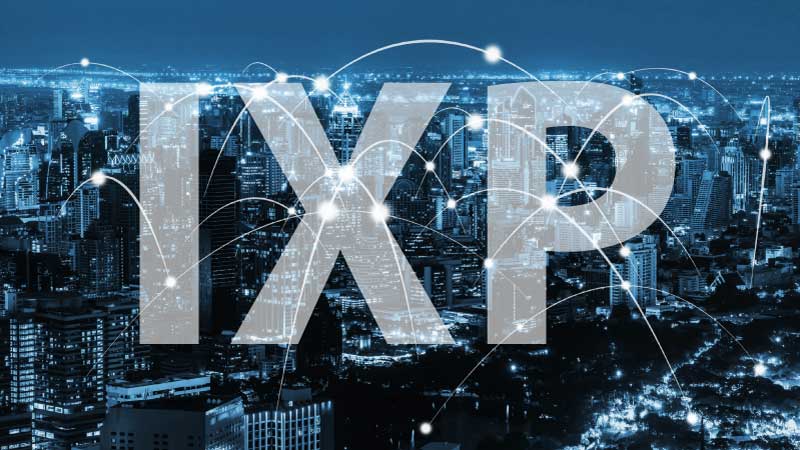A new report by the Internet Society, a global nonprofit organization promoting the development and use of the Internet, has revealed that Nigeria, South Africa and Kenya have succeeded in exchanging 70-80% of their traffic locally, adding that these countries are the most developed Internet ecosystem in Africa.
The report, entitled “Moving towards an interconnected Africa: the 80/20 Initiative,” which examines the Internet ecosystem in Africa, also disclosed that the number of African IXPs has increased by 58 percent over the past eight years, from 19 in 2012 to 46 in 2020.
According to the report, more than half of the countries in Africa have an IXP; six countries have more than one, stressing that IXPs provide significant savings by localizing Internet traffic.
“A network can save up to US240,000 per year by connecting to a local IXP,” the report shows.
It added that the presence of content delivery networks has increased significantly and the amount of locally available content and demand for content hosting has increased.
The new report expands on a 2020 analysis of IXP growth in Kenya and Nigeria and provides an overview of the evolution of Internet interconnection on the continent by examining a country in each of the six subregions: Angola (Southern Africa), Burkina Faso (Western Africa), Democratic Republic of Congo (Central Africa), Egypt (Northern Africa), Mauritius (Indian Ocean), and Rwanda (Eastern Africa).
“Thanks to the continued work with partners over the years, we have many more sustainable IXPs that exchange a considerable amount of Internet traffic in Africa. But there’s still work to do to ensure that more Internet traffic is exchanged on the continent,” said Dawit Bekele, Africa Regional Vice President for the Internet Society.
Bekele added that a key success factor for IXPs is that governments understand the value that Internet infrastructure provides, which encourages the adoption of policies and regulations that enable Internet ecosystems to thrive.
While noting that Internet Exchange Points are critical to improving internet access and lowering connectivity costs in Africa, the report outlines the state of Internet interconnection in Africa and the critical role Internet Exchange Points (IXP) play in improving access and lowering costs.
There is an urgent need to increase Internet access across the continent, especially in the wake of the coronavirus pandemic. According to the United Nations Economic Commission for Africa, fewer than 1 in 5 households have Internet access. Reliable and affordable Internet access also fuels economic growth. A recent study estimates that the Internet economy has the potential to contribute up to USD180 billion to Africa’s gross domestic product (GDP) by 2025.
An IXP is a technical infrastructure where multiple networks, including Internet service providers, mobile operators, enterprise networks, research and education networks, e-Government services, and content delivery networks (CDNs) come together to connect and exchange Internet traffic.
IXPs enable the local exchange of Internet traffic instead of using expensive international transit routes. This not only makes Internet access much more affordable but also improves the quality of access by providing more direct network connections. Access speeds for content can be up to 10 times faster with an IXP because traffic is routed locally versus international transit routes.



